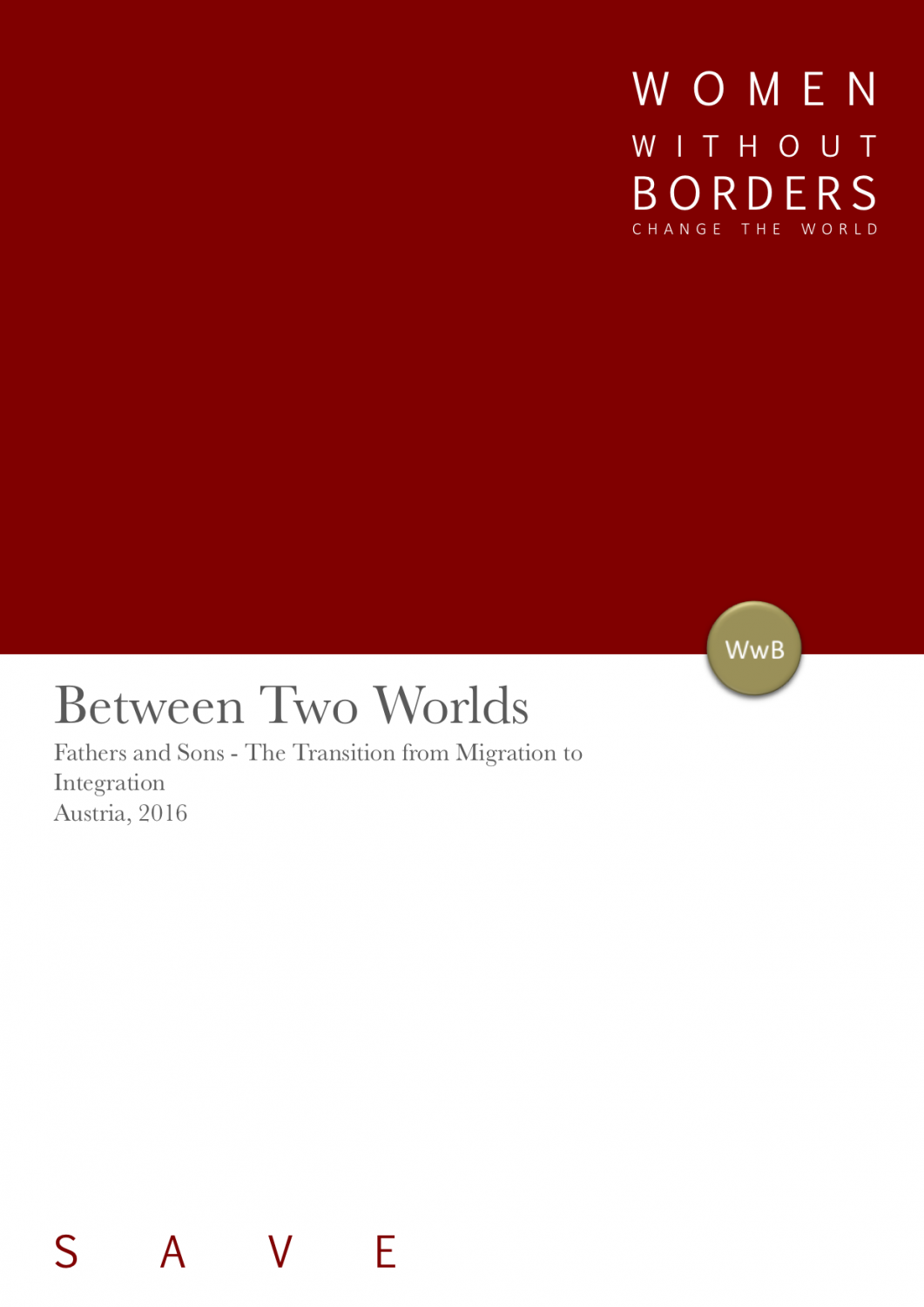With a view to empowering young women to take an active part in politics and public life around the globe, Women without Borders (WwB) launched its Girls without Borders campaign in 2004. The project gave rise to an international platform for emerging female leaders, providing them with the competence and confidence to engage in the political sphere. The dedicated online space that was set up by WwB made available educational resources for engagement with peers around the world. Girls without Borders encouraged young women to take the lead, reach their goals, and make an impact in their communities.
With more than half of the world’s population below the age of twenty-five, the prospect of a more peaceful, democratic, and gender-equal world rests largely in the hand of the youth. While parents, teachers, and policy-makers have a responsibility to support them along the way, a gender balance in politics and civil society can only be achieved by drawing on and empowering the young female talent pool. Governments and civil society organisations have a vital role to play in bringing women’s rights to the forefront, irrespective of age and on a both personal and societal level.
The Women without Borders (WwB) campaign entitled ‘Girls without Borders’ was conceived as a means to empower young women worldwide by providing them with effective support, tools, and structures. The international initiative sought from the outset to inspire young female leadership, and to guide young women through the process of becoming female leaders and role models of tomorrow. The campaign employed an interactive forum in conjunction with pilot projects featuring competence and confidence training. This multifaceted approach provided young women with an opportunity, a platform, and the tools in order to engage more actively in public discourse on the local, national, and international levels.
Between 2004 and 2006, WwB’s Girls without Borders campaign gave rise to various projects to connect girls internationally, including: ‘Kicking for Reconciliation’ in Kigali, Rwanda; English courses for girls in Kabul; swimming lessons for children and teenagers in South India; Girls Parliaments in Rwanda, Turkey, and Cyprus, Italy, and Spain, and across Latin America; and research and subsequent empowerment projects for teenagers in Saudi Arabia and Iraq. The success of these projects and positive response from the young women involved led to the establishment of a Girls without Borders interactive online platform through which female leaders were able to connect with one another, share their ideas, and encourage their peers to become active community members.
The media and international policy influencers responded recognised the merit of and need for campaigns of this kind. Publications like The Hindu and Human Rights Watch covered Girls without Borders initiatives. At an official meeting with WwB in 2006, Laura Bush, in her capacity as First Lady, noted that the organisation and its Girls without Borders initiative exemplifies ‘how we can help women and girls become full participating members of their society. We know, as we look around the world that the societies that are the most successful are the ones where women are included’.
Through its Girls without Border campaign, Women without Borders advanced global female leadership by creating a space where girls and young women could develop the self-confidence and capacity to play an active role in the political sphere. Women are not only the most important binding element in most families; they hold and are the key to a more equitable society. Over the course of the campaign, WwB managed to support the young female talent pool across the globe, doing so in line with its mantra: ‘Girls without Borders: have the courage to dream, the capacity to create, the will to change, and the power to transform’.


